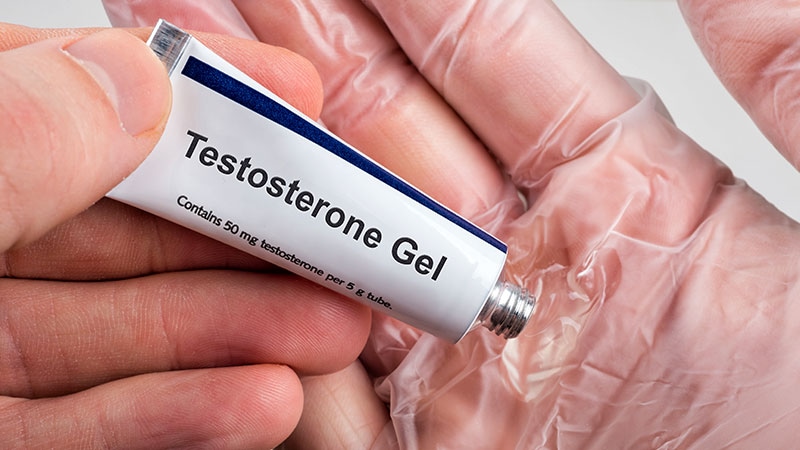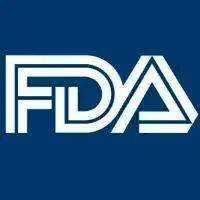
FDA issues class-wide labeling changes for testosterone products
FDA issues class-wide labeling changes for testosterone products
[2/28/2025] Today, FDA informed sponsors of testosterone products about new labeling changes following the agency’s review of the findings from the Testosterone Replacement Therapy for Assessment of Long-term Vascular Events and Efficacy Response in Hypogonadal Men (TRAVERSE) clinical trial External Link Disclaimer and the results from required postmarket ambulatory blood pressure (ABPM) studies.
Led by the TRAVERSE trial’s results, FDA is recommending changes to current labeling language, to include:
- adding the results of the TRAVERSE trial to all testosterone products;
- retaining “Limitation of Use” language for age-related hypogonadism; and
- removing language from the Boxed Warning related to an increased risk of adverse cardiovascular outcomes for all testosterone products.
Led by results of the ABPM studies, FDA is also requiring changes to current labeling language, to include:
- adding product-specific information on increased blood pressure for testosterone products with completed ABPM studies;
- adding a new warning about increased blood pressure for testosterone products which currently do not have such a warning in their labeling.
Testosterone, a hormone essential to the development of male growth and masculine characteristics, is approved solely for use in men who lack or have low testosterone levels in conjunction with an associated medical condition. Current FDA-approved testosterone formulations include oral, topical gel, transdermal patch, buccal system (applied to upper gum or inner cheek), and injection.
FDA first convened a Joint Meeting of the Bone, Reproductive and Urologic Drugs and the Drug Safety and Risk Management Advisory Committee in September 2014 External Link Disclaimer following increased reports of stroke, heart attack, and death in men taking FDA-approved testosterone products. This meeting resulted in the agency’s recommendation for an industry-wide clinical trial to assess the safety of use in men with age-related hypogonadism (insufficient sex hormone production). Results from the TRAVERSE trial were submitted in 2023, concluding that there was no increase in the risk of adverse cardiovascular outcomes in men using testosterone for hypogonadism.
Additionally, in 2016 and 2017, FDA recommended ABPM studies as part of the premarket development of two different testosterone products, administered by two different routes (subcutaneous injection and oral). Consistent results from the premarket ABPM studies of the two products raised concerns that use of testosterone products could lead to increased blood pressure. In March 2018, FDA also issued a postmarket requirement that individual ABPM studies be conducted for all testosterone products. Results from the completed ABPM studies confirmed an increase in blood pressure with use of all testosterone products, class-wide.
Today’s action follows several prior FDA actions regarding the safety of testosterone products, including a January 2014 Drug Safety Communication (DSC)External Link Disclaimer warning of reported risks of stroke, heart attack, and death in men taking FDA-approved testosterone products; and a March 2015 DSC External Link Disclaimer informing of required labeling changes and urging caution when using testosterone products for low testosterone due to aging.


















